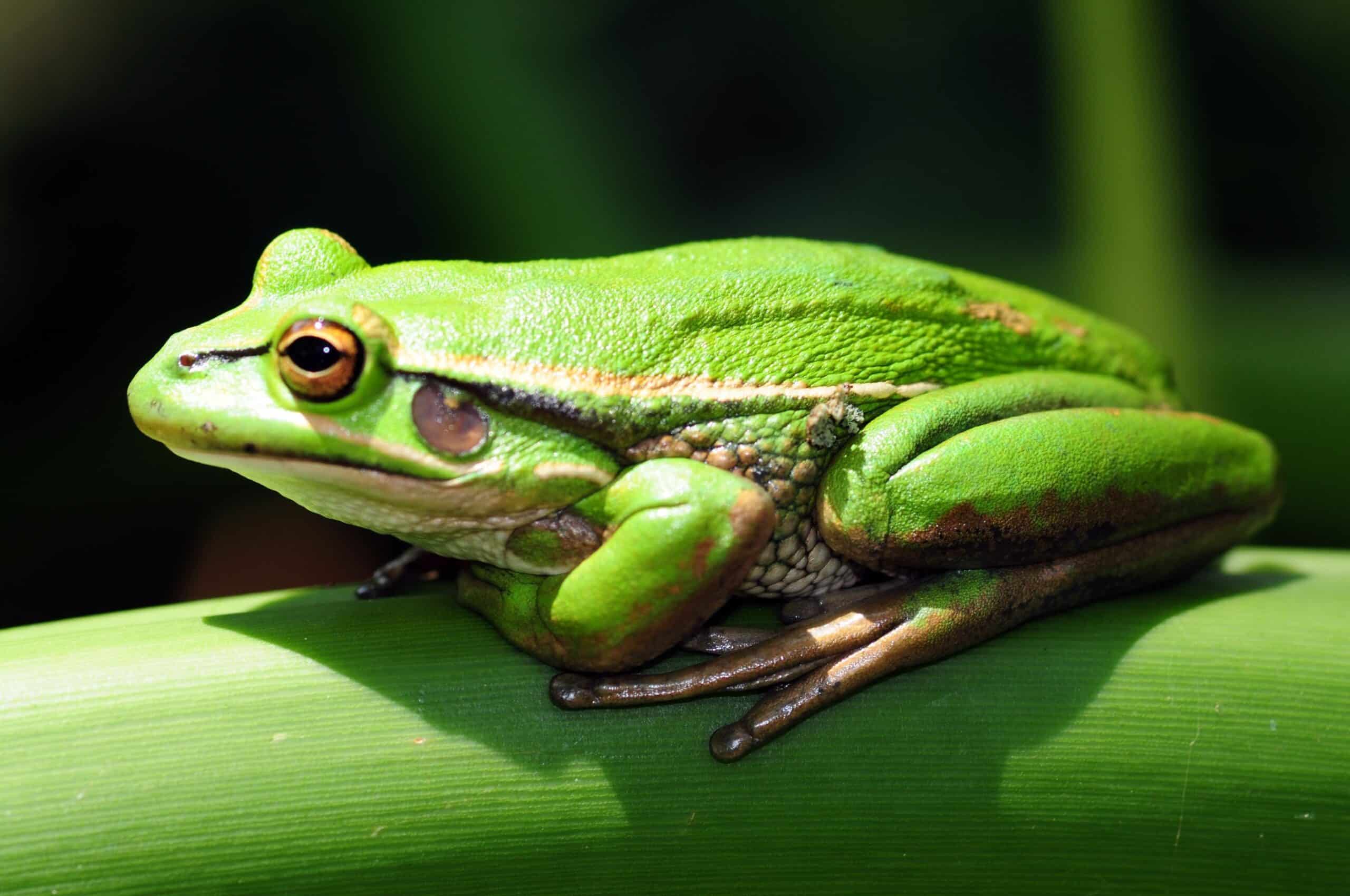Australia’s native animals are protected by law — but that protection comes with caveats. Across every state and territory, permits are routinely issued that allow property owners to kill native wildlife. Known in many jurisdictions as “damage mitigation permits,” these licences have quietly sanctioned the deaths of millions of animals...
With barely contained enthusiasm, Safari Club International (SCI) announced on its own initiative today that the U.S. Fish and Wildlife Service (FWS) has reversed critical elephant protections established during the Obama administration, allowing imports of elephant trophies from Zimbabwe and Zambia. For decades, Zimbabwe has been run by a dictator who has targeted and killed his political opponents, and operated the country’s wildlife management program as something of a live auction. Remember, it was Zimbabwe where Walter Palmer shot Cecil, one of the most beloved and well-studied African lions, who was lured out of a national park for the killing. Palmer paid a big fee even though it did irreparable damage to the nation’s reputation.
The United States has listed African elephants under the federal Endangered Species Act, and hunting trophies can only be imported if the federal government finds that killing them positively enhances the survival of the species. Under the prior administration, FWS made the eminently reasonable decision that Zimbabwe – one of the most corrupt countries on earth – was not managing its elephant population in a sustainable manner. Government officials allegedly have been involved in both poaching of elephants and illegal export of ivory tusks. Zimbabwean President Robert Mugabe even celebrated his birthday last year by feasting on an elephant.
Zimbabwe’s elephant population has declined six percent since 2001 and evidence shows that poaching has increased in areas where trophy hunting is permitted (such as in the Chirisa and Chete safari areas). A number of problems with Zimbabwe’s elephant management remain unresolved to date: the lack of an elephant management plan; lack of sufficient data on population numbers and trends; anemic enforcement of wildlife laws; lack of information about how money derived from trophy hunting by U.S. hunters is distributed within Zimbabwe; and lack of a national mechanism, such as government support, to sustain elephant conservation efforts in the country.

The elephant population in Zambia has suffered a dramatic decrease over the last few decades, from more than 200,000 elephants in 1972 to just a little over 21,000 according to the Great Elephant Census in 2016. Image: Jessica Morris
This jarring announcement comes on the same day that global news sources report that Mr. Mugabe, Zimbabwe’s aging dictator, is under house arrest following a military coup. This fact in and of itself highlights the absurdity and illegal nature of the FWS decision to find that Zimbabwe is capable of ensuring that elephant conservation and trophy hunting are properly managed. During the last two years, poachers in the country have poisoned several dozen elephants, including young calves. Government officials cash in by capturing elephant calves who are still dependent on their mothers and exporting them to China for use in zoos. Perhaps not surprisingly, a hunting outfitter advertised elephant hunts in Zimbabwe as soon as the SCI announcement was made public. It’s a venal and nefarious, pay-to-slay arrangement that Zimbabwe has set up with the trophy hunting industry.
Notably, an FWS decision to allow imports of elephant trophies from Zimbabwe is legally required to be published in the Federal Register, and no such formal decision has yet appeared. That SCI, the largest pro-trophy-hunting lobby group, announced this decision suggests an uncomfortably cozy and even improper relationship between trophy hunting interests and the Department of the Interior.
SCI’s announcement indicates that elephant trophies will also be allowed to be imported from Zambia. The elephant population in Zambia has suffered a dramatic decrease over the last few decades, from more than 200,000 elephants in 1972 to just a little over 21,000 according to the Great Elephant Census in 2016. Ivory trafficking remains a threat to the country’s elephant population.
Even more ominous, the FWS has just erected a new website that provides a guide to trophy hunters seeking to import lion trophies. Just last year the FWS listed the lion as threatened with extinction under the Endangered Species Act, set up criteria that must be met before the FWS would allow the import of lion trophies, and prohibited imports of trophies from captive lion populations hunted in fenced enclosures – commonly referred to as canned lion hunting – in South Africa.

Zimbabwe’s elephant population has declined six percent since 2001 and evidence shows that poaching has increased in areas where trophy hunting is permitted. Image: HSI supporter Sandy Kelly
Unbelievably the news gets even worse, as the Department of the Interior has also just announced that it is forming a euphemistically named advisory group, the International Wildlife Conservation Council, that would allow trophy hunters an even more prominent seat at the table of government decision-making, ignoring the copious science that trophy hunting undermines the conservation of threatened and endangered species.
Let’s be clear: elephants are on the list of threatened species; the global community has rallied to stem the ivory trade; and now, the U.S. government is giving American trophy hunters the green light to kill them.
What kind of message does it send to say to the world that poor Africans who are struggling to survive cannot kill elephants in order to use or sell their parts to make a living, but that it’s just fine for rich Americans to slay the beasts for their tusks to keep as trophies?
The anti-colonial revolution that Mugabe helped lead in 1980 is a distant memory, and a new form of colonialism has taken effect in the bowels of the Zimbabwean government – with rich, white trophy hunters allowed, for a fee, to plunder wildlife for personal benefit. It’s time for the era of the trophy killing of Africa’s most majestic and endangered animals to come to a final close, and the United States should not be retreating from that commitment.
Stand up for elephants! Tell the Head of the U.S. Department of Interior, which oversees FWS, that you do not support this giveaway to the trophy hunting industry and want elephants to continue to be protected.
U.S Department of Interior, Do Not Lift The Ban On Trophy Hunting!


